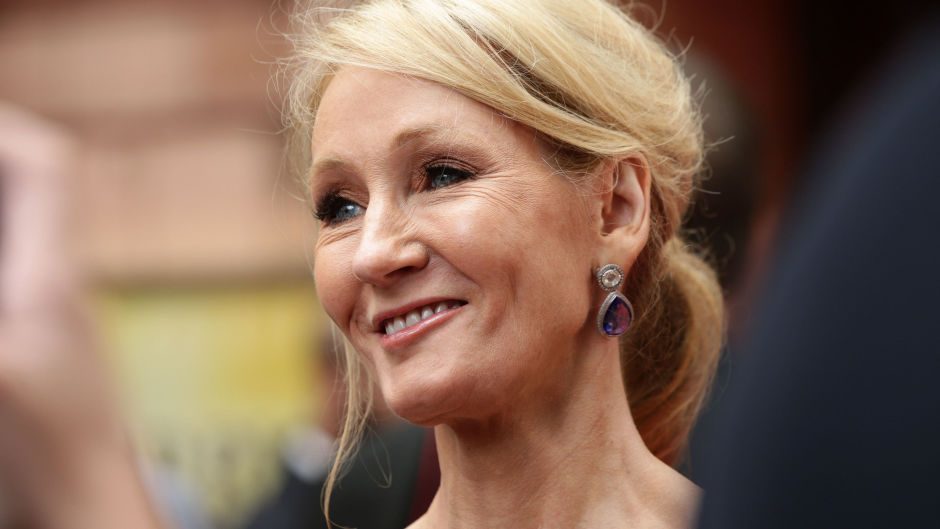It’s not often we see Tory MSP Murdo Fraser and SNP MP Joanna Cherry stand shoulder to shoulder.
He’s a rural Tory, cautious and resistant to change, while she’s an urban nationalist, radical in thought and driven by the desire to break the Union he cherishes.
On almost every issue, these two seasoned politicians may be expected to be found on opposing sides.
But the Scottish Government’s new Hate Crime Act has turned these political foes into allies.
In fact, their shared criticism of the new law is not entirely surprising. Both Fraser and Cherry are experienced and accomplished lawyers. Unlike too many current politicians, they recognise bad law when they see it.
On the face of things, this new law – granted Royal Assent two years ago but not implemented until Monday – may seem perfectly reasonable.
Of course we want to protect members of minority groups from abuse and attack motivated by their identities and, of course we want to see those whose hatred leads to violence punished to the full extent of the law.
But critics of the Hate Crime Act have long warned that it would be abused by those who wish to use the law to silence critics.
We’ve seen women driven out of their careers for expressing their opinions
In recent years, we’ve seen a number of cases where gender-critical feminists who do not subscribe to the belief that transwomen are women have been reported to the police for expressing their views. And we’ve seen other women driven out of their careers for expressing similar opinions.
Many opponents of reform of the Gender Recognition Act to make it easier for people to change their sex as recognised in law believe the new act will be weaponised to shut down their views.
It was for this reason that JK Rowling published a series of tweets on Monday, challenging the law and urging the police to arrest her if stating biological facts was now illegal.
Police Scotland soon announced that, in describing several transwomen as men, Rowling had not broken the law.
Having spoken to a number of politicians over the past couple of days, I know I’m far from being alone in believing that had a powerless working-class woman from a middle-of-nowhere town posted tweets like Rowling’s she’d have been arrested by a police force under intense pressure from activists.
Within 48 hours of the new Act’s implementation on April Fools’ Day, Police Scotland had received more than 3,000 complaints of hate crimes.
Community Safety Minister Siobhian Brown said people were making “fake and vexatious complaints”, to which the only reasonable response is “d’uh”.
The act makes no space for women
The Hate Crime Act now makes an offence of “stirring up” hatred against a number of groups based on age, disability, religion or – in the case of a social or cultural group – perceived religious affiliation, sexual orientation, transgender identity, and variations in sex characteristics, sometimes known as being intersex.
Astonishingly, in a world where online influencers peddle repulsive misogynist propaganda, where almost 15,000 Scottish women and girls were victims of sexual violence in 2022-23, and where Police Scotland recorded almost 65,000 incidents of domestic abuse in 2021-22, the act makes no space for “women” as a category of people particularly susceptible to violence.
Police Scotland has not revealed the nature of the complaints made so far but it is well understood that many relate to Rowling’s tweets.
It is not, however, only gender-critical feminists who stand to see the new law weaponised against them.
The Scottish Government’s much unlamented Offensive Behaviour at Football Act was a cynical attempt by former SNP leader Alex Salmond to win over the support of Catholic voters in the West of Scotland.
These voters had traditionally backed Labour and Salmond reckoned he could win them over with an offer that boiled down to “Vote SNP and we’ll make the other lot stop singing The Sash”.
The problem was that, in reality, the law threatened to criminalise supporters of any club who dared sing the occasional salty song.
The law, which allowed police to charge people with being offensive even when nobody had been present to be offended, was abolished after a number of Sheriffs dismissed cases brought under it.
I would be astonished if football fans were not to find themselves at the centre of complaints under the Hate Crime Act.
I would be equally surprised if this new law lasts long.
The new Hate Crime Act is so open to abuse by censorious activists that it has no place in a truly liberal society.
Euan McColm is a regular columnist for various Scottish newspapers












Conversation